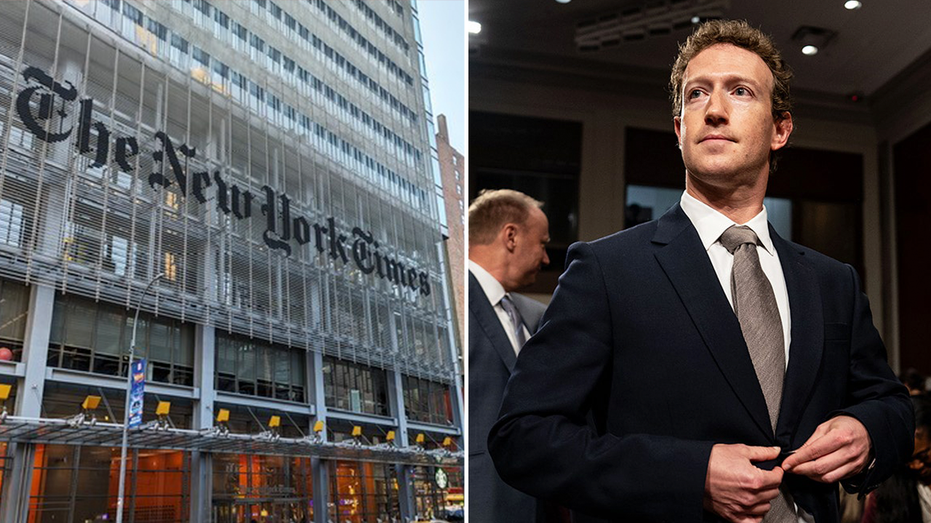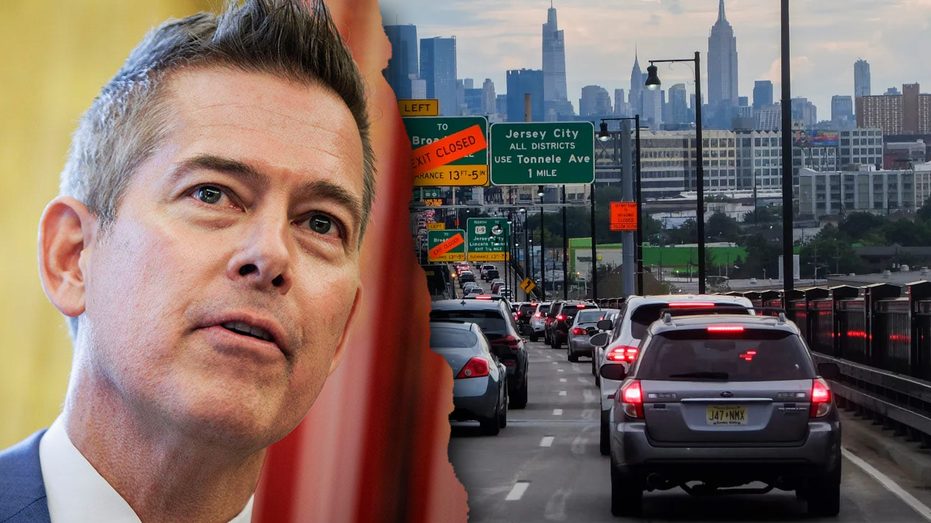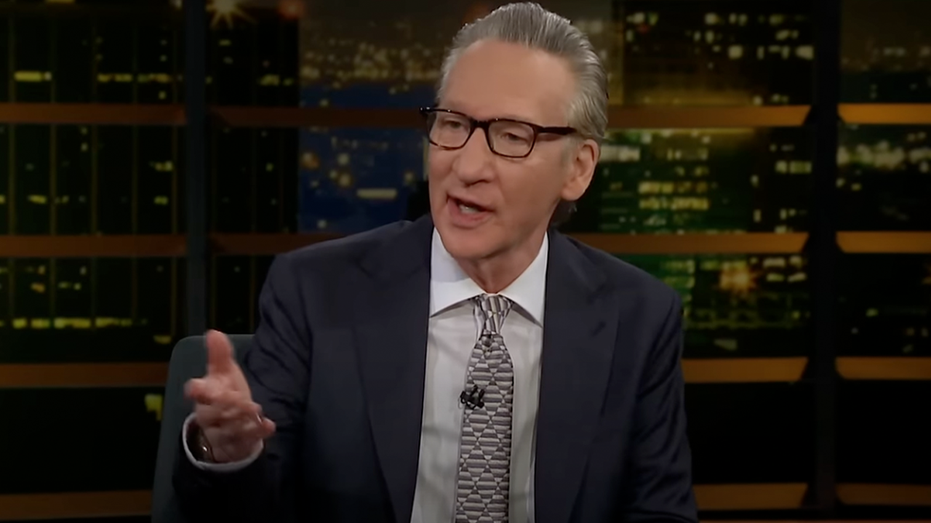Meta’s Controversial Fact-Checking Practices: A Backlash from Fact-Checkers
Meta, the parent company of Facebook, Instagram, and other platforms, made a surprising announcement recently. They declared that they would be putting an end to their controversial fact-checking practices and lifting restrictions on speech. The reason behind this decision, according to Meta, is to “restore free expression” across their platforms. Admitting that their current content moderation practices have “gone too far,” Meta aims to address the concerns raised by their users and critics.
However, this move did not sit well with Meta’s former third-party fact-check partners. These organizations, which were responsible for fact-checking content on Meta’s platforms, objected to the allegations of bias and censorship in their work. Aaron Sharockman, the editor of PolitiFact, expressed his dissatisfaction with Meta’s decision in a social media post. He pointed out that if Meta is upset about creating a tool for censorship, they should take a good look at themselves.
The New York Times, known for its bold headlines, published an article highlighting the backlash faced by these fact-checker organizations. The headline, “Meta Says Fact-Checkers Were the Problem. Fact-Checkers Rule That False,” drew immediate attention and criticism. Many users across various social media platforms mocked the headline, pointing out the irony and absurdity of the situation.
Robby Soave, a senior editor at Reason, noted that the headline unintentionally revealed the problems within the fact-checking industry. Laura Powell, a civil liberties attorney, questioned how anyone could create satire when the real news seemed so unbelievable. Ana Bozovic, the founder of Analytics Miami, expressed her disbelief that the New York Times had reported such a headline, highlighting the absurdity of the situation. Chris Rufo, a senior fellow at the Manhattan Institute, marveled at the fact that the New York Times had actually published such a headline. The criticism continued, with Mollie Z. Hemingway, the editor-in-chief of The Federalist, referring to the New York Times as a propaganda outlet.
The reaction to the headline extended beyond social media and into the realm of political commentary. Moshe Hill, a political columnist, expressed his surprise at the headline, stating that he had to verify its authenticity because it seemed like a parody. John Basham, a meteorologist and data scientist, humorously suggested that the headline could have easily been mistaken for something from political satire website, The Babylon Bee. He concluded by saying, “Life Has Become Parody On The Left.”
Meta’s decision to end their fact-checking practices and the subsequent backlash from fact-checker organizations have sparked a wider conversation about the role and effectiveness of fact-checking in today’s media landscape. While Meta aims to restore free expression, critics argue that this move may lead to the spread of misinformation and the erosion of trust in online content. Only time will tell how this decision will impact the future of fact-checking and the fight against misinformation.



